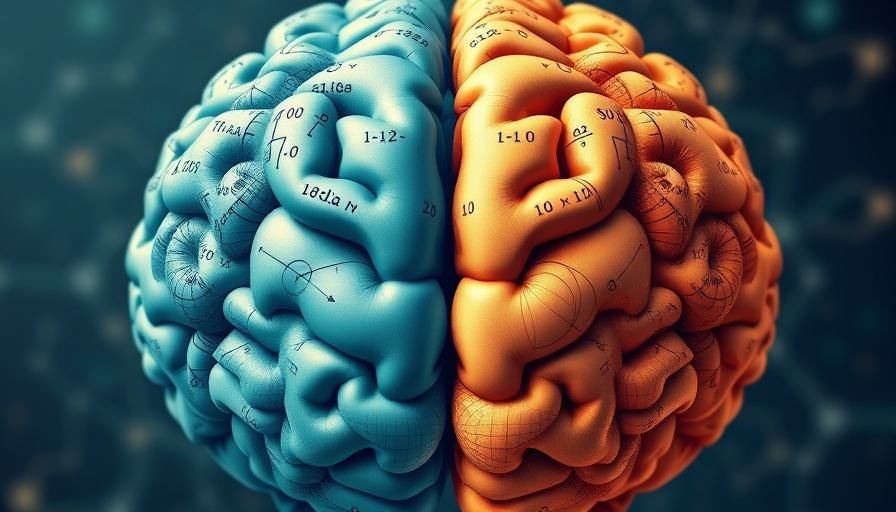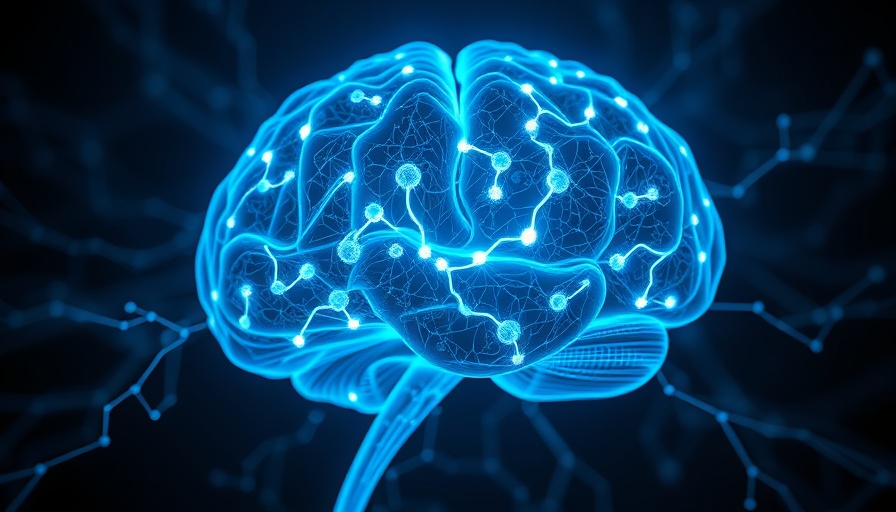
The Brain’s Sweet Spot: Understanding Criticality
Recent research led by Keith Hengen, an associate professor at Washington University in St. Louis, reveals that the human brain might function optimally when it is in a state called "criticality." This concept, borrowed from physics, refers to a delicate balance between order and chaos that allows the brain to learn and adapt effectively. When the brain drifts from this critical state, it opens the door for diseases like Alzheimer’s to take hold.
Why Criticality Matters for Learning and Memory
The idea of criticality can be likened to a sand pile that, as more grains are added, grows steeper until it reaches a tipping point and avalanches. Hengen suggests that our brains are similar; they must reach this precarious balance to process new information, think critically, and retain memories. The implications of this discovery not only enhance our understanding of brain function but also position criticality as a potential key in preventing cognitive disorders.
Exploring the Intersection of Biology and Physics
Hengen’s collaboration with physicist Woodrow Shew underscores the importance of interdisciplinary approaches in scientific research. By blending concepts from biology and physics, they aim to build a comprehensive theory surrounding brain function. Their findings pave the way for potential new methodologies in treating neurological diseases by restoring criticality within the brain’s systems.
Current Trends in Alzheimer’s Research
Alzheimer’s research remains one of the most urgent fields in medicine today. With millions affected globally, understanding the underlying mechanisms that contribute to the onset of this disease is crucial. Researchers are increasingly focusing on how disruptions in brain function—such as the loss of criticality—can lead to Alzheimer’s symptoms. This new perspective challenges traditional views and offers fresh pathways towards treatment and prevention.
The Value of Interdisciplinary Collaboration
As Hengen and Shew's work highlights, the complexity of the human brain cannot be fully understood through a single lens. Collaborative efforts between neuroscientists and physicists signal a forward-thinking approach that recognizes the multifaceted nature of brain functionality. This melding of disciplines may yield innovative treatments rooted in a deeper understanding of brain dynamics.
Future Predictions: Restoring Criticality
The ability to measure and restore criticality within the brain holds promise not only for learning and memory applications but also for developing therapeutic strategies against neurodegenerative diseases like Alzheimer’s. Future studies may explore tools and techniques to assess critical states in real-time, offering exciting possibilities for early intervention and ongoing treatment.
Actionable Insights: Protecting Your Brain Health
While the scientific community continues to investigate these findings, there are proactive steps individuals can take to nurture their brain health. Engaging in cognitive activities, maintaining social connections, and leading a healthy lifestyle can help promote an environment conducive to criticality in brain function. Ensuring that your brain remains active and engaged might just be one of the best defenses against cognitive decline.
 Add Row
Add Row  Add
Add 




Write A Comment